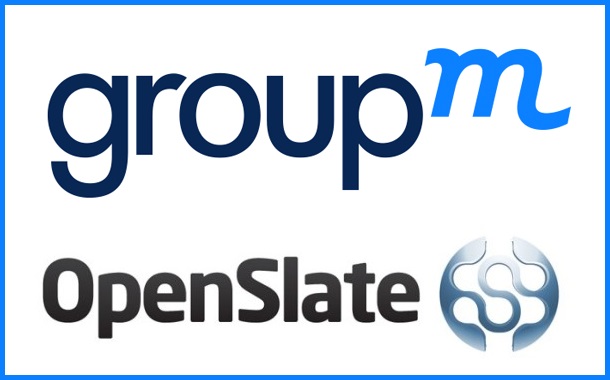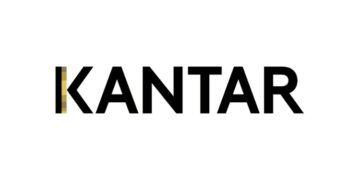WPP’s GroupM is taking a new step to reassure clients that their ads won’t show up next to undesirable content on the Google-owned service as the advertisers around the world are still reeling from the revelation that their ads appeared in hate-speech videos on YouTube.
The world’s biggest media-buying firm GroupM, on Wednesday, announced a partnership with social-analytics provider OpenSlate to help advertisers analyze YouTube content for quality and brand safety.
The deal comes after GroupM confirmed earlier this month that it was not advising clients to axe spend, but is instead urging them to be “mindful of the implications and join us in working with Google and others to meet our collective brand safety standards”.
GroupM also said the new solution with OpenSlate will initially roll out in the U.S. and U.K., with plans under way to expand to additional international markets. The company said Google is enabling its partnership with OpenSlate to identify content that’s not brand-safe.
It will work with OpenSlate to take advantage of the data it holds about all ad-supported content on YouTube. OpenSlate’s data platform scores YouTube content for quality and brand safety, and provides advertisers with contextual insights.
Currently, GroupM’s clients are the only advertisers able to monitor content in the Google Preferred program — which comprises the most popular YouTube channels in specific categories — in this way.
By working with OpenSlate the WPP agency is hoping to enhance brand safety in both reservation media, including Google Preferred, and in auction-based inventory bought through AdWords or DoubleClick Bid Manager. Using independent data from OpenSlate, GroupM clients will be able to better define the type of content that should be excluded from their YouTube media buys.
Advertisers that have pulled ad spending from YouTube, and in some cases Google’s display advertising networks, include AT&T, Verizon, FX Networks, PepsiCo, Walmart, Dish Network, Starbucks, GM, JP Morgan Chase & Co., Johnson & Johnson and Lyft. That’s in addition to more than 250 U.K. advertisers who have frozen spending on YouTube, an exodus touched off by a report by the Times of London that ads from major brands were appearing in videos posted by white supremacists and other hate mongers.
“Long gone are the days when advertisers could simply rely on reaching audiences in carefully curated programming environments. Most brands today have scaled their advertising on digital platforms like YouTube, where most content is user-generated, but their needs for mature and safe ad products and environments persist.” said Susan Schiekofer, Chief Digital Investment Officer, GroupM North America.
“Although it is not possible to eliminate all risks in user-generated media, our clients’ hard-won brand reputations must be protected with the best efforts possible. We appreciate that Google is enabling our work with OpenSlate to provide our clients with better brand safety controls, and we believe it’s essential that all digital platforms carrying ad-supported user-generated content do the same.”

















